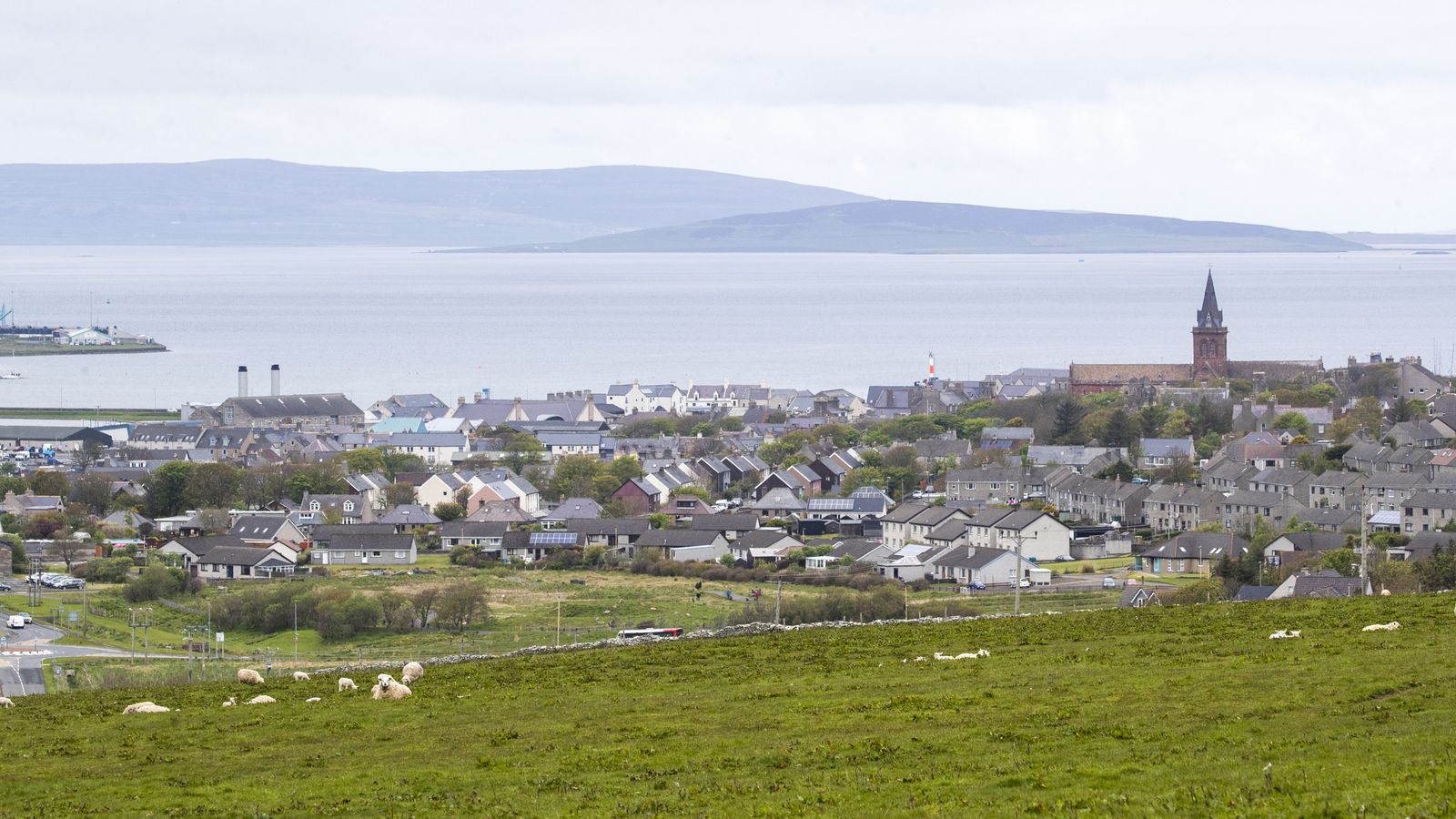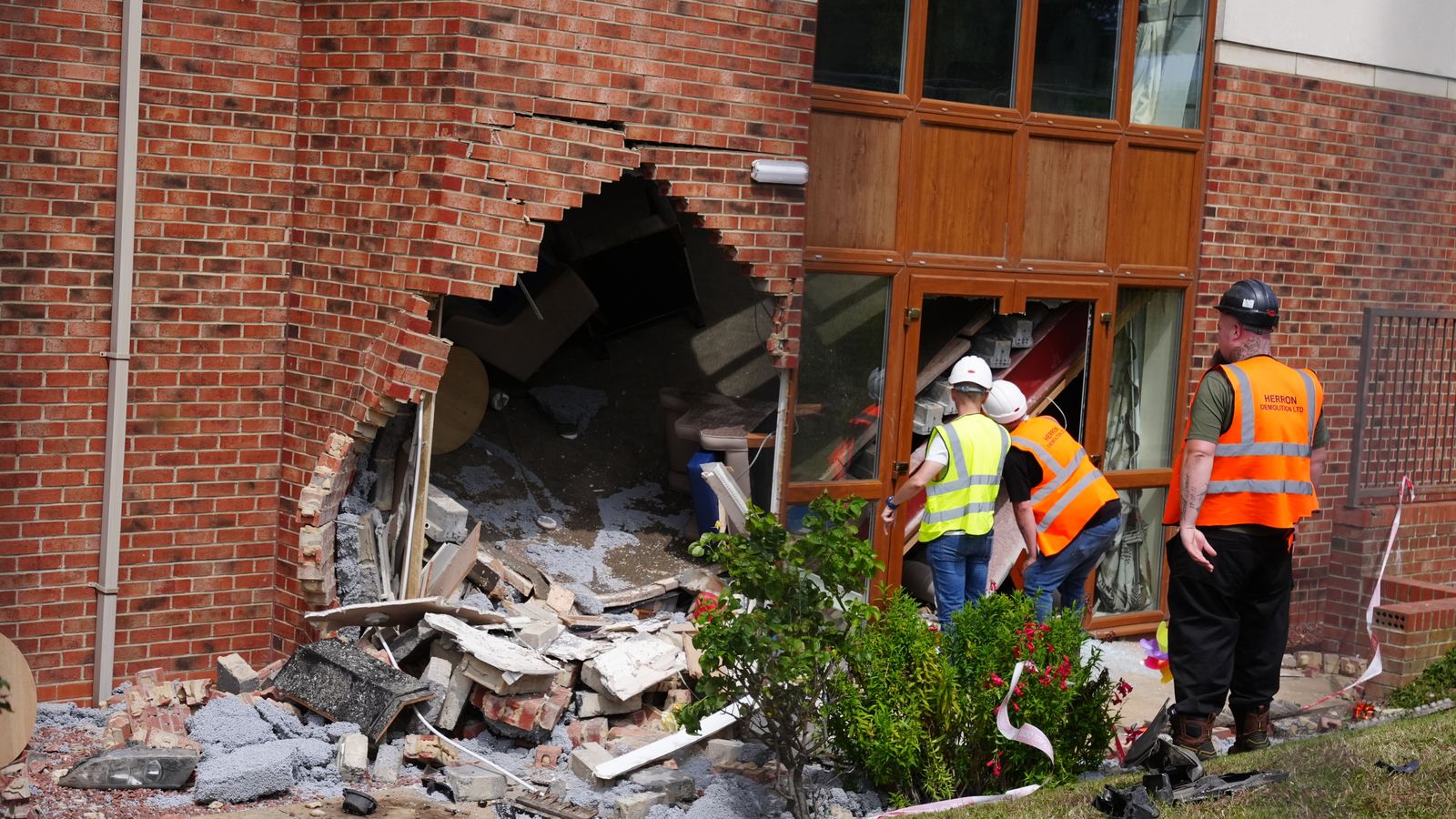A gene mutation which increases the risk of breast and ovarian cancer has been linked to people with Orkney heritage.
Scientists from the universities of Aberdeen and Edinburgh have found that one in one hundred people with grandparents from the islands off the north-eastern coast of Scotland, have a mutation of the gene BRCA1.
It is likely the gene variant came from one of the founding members of Westray – an Orkney island which has a population of under 600 people – at least 250 years ago, according to the research.
The gene mutation was repeatedly spotted in women from Orkney who have the cancers, most of whom could also trace their family ancestry back to the small island of Westray.
As a result of the findings, planning is under way to offer free testing for the gene variant to anyone living on the Scottish islands with a Westray-born grandparent, regardless of their family history with the disease.
Professor Zosia Miedzybrodzka, director of NHS North of Scotland Genetic Service, made it clear that developing cancer is not solely down to carrying the BRCA1 variant alone.
Everyone has the BRCA genes, but not everyone has mutations in them.
“There are many complex factors, and some people with gene alterations will not get cancer,” Prof Miedzybrodzka said. “However, we know that testing and the right follow-up can save lives.”
Read more:
NHS unions reach pay deal after government offers 5% rise
Gonorrhoea cases rise by over a fifth
Family receives payout after baby burned at Aberdeen nursery
She recommended things like risk-reducing surgery, breast screening with MRI from the age of 30 and lifestyle advice to improve the health of women with the gene mutation.
Awareness of the faulty gene was raised when Hollywood actress Angelina Jolie underwent a double mastectomy a decade ago, after losing her mother to ovarian cancer and then discovering she had a BRCA1 variant.
The NHS recommends talking to your GP if cancer runs in the family, or if you are worried about your own risk. They may refer you for a genetics test, which will tell you if you have inherited one of the cancer risk genes.












